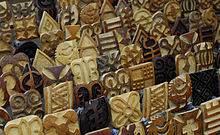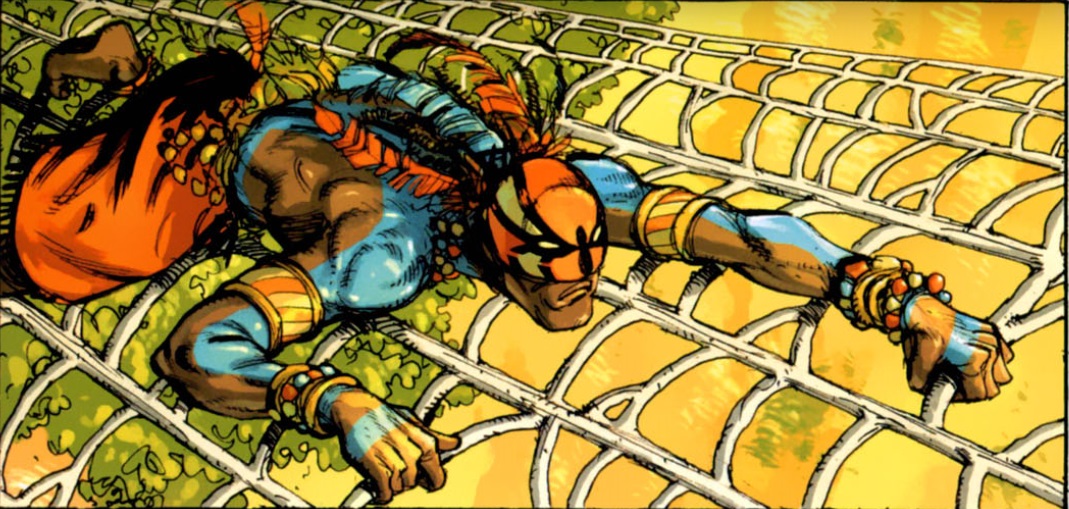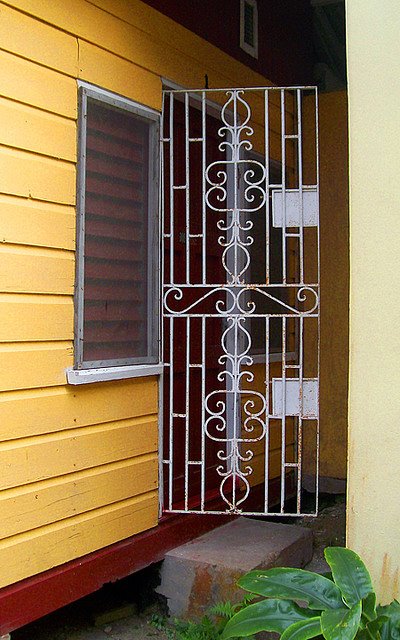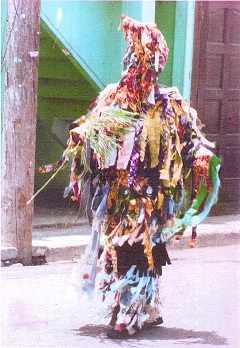are visual
symbols, originally created by the
Gyaaman people of Bono, that represent
concepts or
aphorisms.
Adinkra are used extensively in fabrics and pottery. They are incorporated into walls and other architectural features. Fabric
adinkra are often made by
woodcut sign writing as well as
screen printing.
Adinkra symbols appear on some traditional
Akan goldweights. The symbols are also carved on stools for domestic and ritual use. Tourism has led to new departures in the use of the symbols in such items as T-shirts and jewelry.

Calabash adinkra stamps carved in Ntonso,
Ashanti.
The symbols have a decorative function but also represent objects that encapsulate evocative messages that convey traditional wisdom, aspects of life or the environment. There are many different symbols with distinct meanings, often linked with
proverbs. In the words of
Kwame Anthony Appiah, they were one of the means in a pre-literate society for "supporting the transmission of a complex and nuanced body of practice and belief".





 finna get this nikka tatted on me
finna get this nikka tatted on me 




 factor by 10.
factor by 10.













